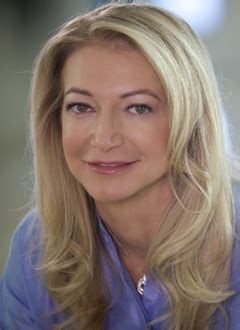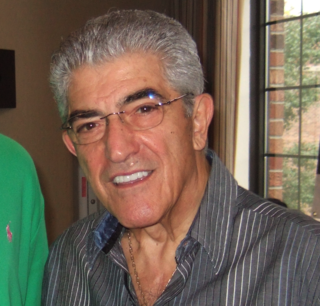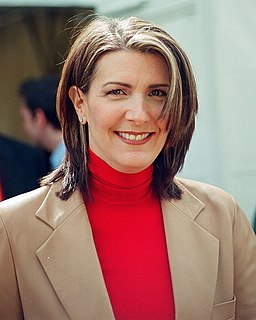A Quote by Virginia Woolf
And the poem, I think, is only your voice speaking.
Related Quotes
I write first drafts with only the good angel on my shoulder, the voice that approves of everything I write. This voice does'nt ask questions like, Is this good? Is this a poem? Are you a poet? I keep this voice at a distance, letting only the good angel whisper to me: Trust yourself. You can't worry a poem into existence.
When you recognize that there is a voice in your head that pretends to be you and never stops speaking, you are awakening out of your unconscious identification with the stream of thinking. When you notice that voice, you realize that who you are is not the voice - the thinker - but the one who is aware of it.
The subject of the poem usually dictates the rhythm or the rhyme and its form. Sometimes, when you finish the poem and you think the poem is finished, the poem says, "You're not finished with me yet," and you have to go back and revise, and you may have another poem altogether. It has its own life to live.
All great questions must be raised by great voices, and the greatest voice is the voice of the people - speaking out - in prose, or painting or poetry or music; speaking out - in homes and halls, streets and farms, courts and cafes - let that voice speak and the stillness you hear will be the gratitude of mankind.


































